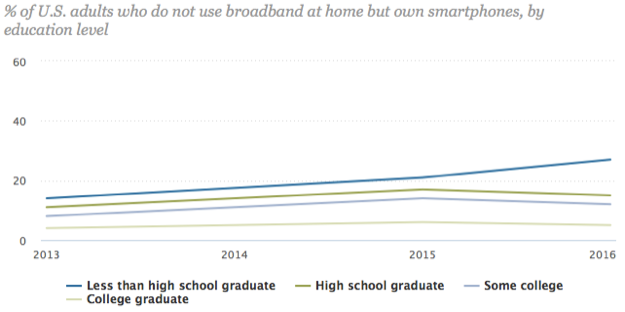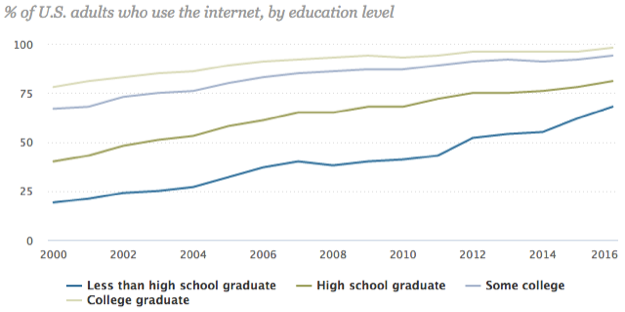Broadband service subsidies not popular in rural areas

“Local governments should be able to build their own high-speed networks if the service in their area is too expensive or not good enough”, say 70% of people in the U.S.. According to a survey done by Pew Research, the concept of municipal broadband gets overwhelming bipartisan support: 74% of people identifying themselves as democrats and 67% as republicans agreed with that statement.
Care should be taken not to read too much into this ringing endorsement, though.… More




